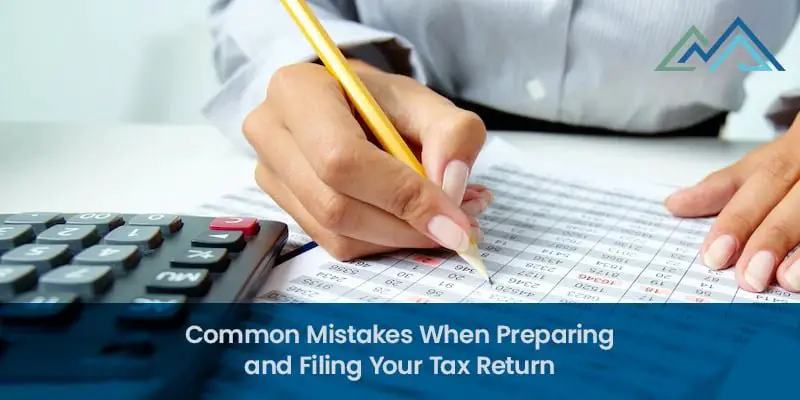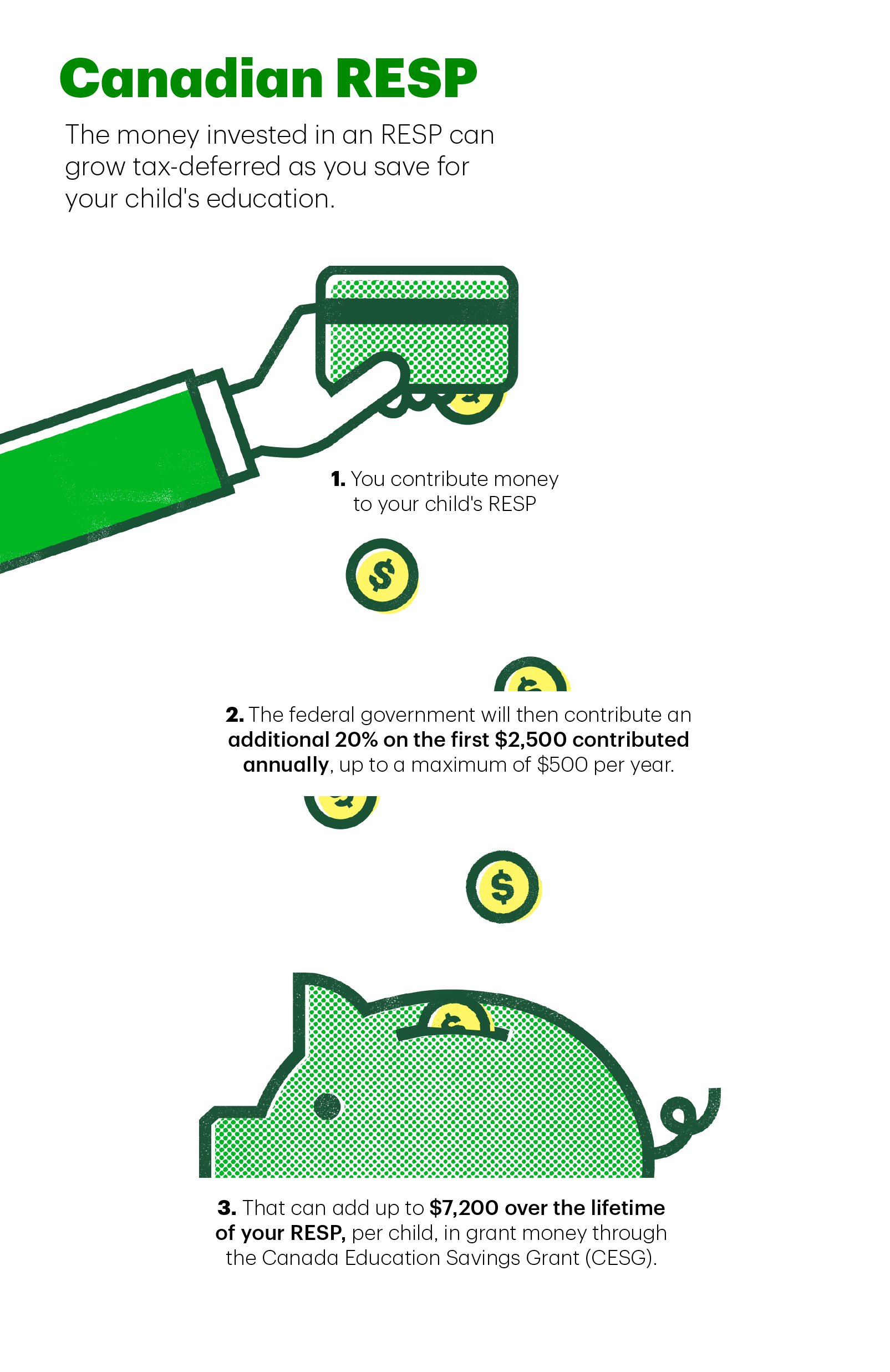Tax season can be a stressful time for many individuals and businesses. With so many forms and regulations to navigate, it’s no wonder that common tax filing mistakes can occur. But fear not! In this article, we will provide you with the ultimate guide on how to avoid these pitfalls and ensure a smooth tax filing process. Whether you’re a newbie or a seasoned taxpayer, we’ve got you covered. So, without further ado, let’s dive into the key strategies on how to avoid common tax filing mistakes.
How to Avoid Common Tax Filing Mistakes
Introduction
Filing taxes can be a daunting task for many individuals and businesses. With numerous rules, regulations, and forms to navigate, it’s easy to make mistakes that can result in delayed refunds, penalties, or even an IRS audit. However, by familiarizing yourself with common tax filing mistakes and taking preventive measures, you can ensure a smooth and accurate filing process. In this article, we will discuss a variety of tips and strategies to help you avoid common tax filing mistakes and minimize the stress associated with tax season.
Filing Status Errors
One of the most critical components of your tax return is selecting the correct filing status. Your filing status determines the tax rates, deductions, and credits available to you. Here are some common mistakes to avoid when determining your filing status:
- Choosing the wrong filing status: Ensure you select the right filing status based on your circumstances, whether it’s single, married filing jointly, married filing separately, head of household, or qualifying widow(er). Using the incorrect filing status can result in inaccurate tax calculations and potential penalties.
- Forgetting to update your filing status: If your marital status changes during the tax year, be sure to update your filing status accordingly. Failing to update this information can lead to tax discrepancies and complications in the future.
- Ignoring eligibility for beneficial filing statuses: Some taxpayers may qualify for multiple filing statuses. It’s crucial to analyze which status offers the most advantageous tax benefits for your situation. Utilize the IRS guidelines or consult with a tax professional if you’re unsure.
Errors in Personal Information
Providing accurate personal information is essential to ensure the IRS can properly process your tax return. Neglecting or making mistakes in personal information can lead to delays in your refund or even a rejected return. Here are some common personal information mistakes to avoid:
- Misspelling or incorrect names: Ensure that you spell your name, your spouse’s name (if applicable), and dependent’s names correctly, matching them exactly as they appear on their Social Security cards. Mistakes in spelling can cause issues when matching against IRS records.
- Using incorrect Social Security numbers: Double-check and verify the Social Security numbers for yourself, your spouse, and dependents. Mistyped or missing digits can result in rejected returns.
- Incorrect addresses: Inputting an incorrect address can lead to problems with receiving important tax documents or correspondence from the IRS. Make sure to update your address if you have moved during the tax year.
Mathematical Errors
While the use of tax software has made calculations less prone to errors, it’s still important to review and double-check all calculations. Even small math mistakes can lead to costly errors. Here’s how to minimize mathematical errors in your tax return:
- Use tax software or online tools: Tax software and online calculators are designed to handle complex calculations accurately. These tools can help minimize mathematical errors and provide automatic validation of your entries.
- Review calculations manually: Even if you use tax software, it’s crucial to review the final calculations manually. Ensure that the numbers have been entered correctly and that the software has interpreted your inputs accurately.
- Check decimal points and decimal places: Pay close attention to decimal points and decimal places when entering numbers on your tax return. A misplaced decimal point can significantly alter your tax liability.
Deduction and Credit Mistakes
Deductions and credits are valuable tools to lower your tax liability, but they can be complex. Mistakes in claiming deductions and credits can result in missed savings or potential audits. Here’s how to avoid common deduction and credit mistakes:
Failure to itemize when beneficial
- Explore itemized deductions: Many taxpayers benefit from itemizing deductions instead of taking the standard deduction. Be sure to explore eligible deductions such as medical expenses, mortgage interest, state and local taxes, and charitable contributions. Compare the total value of your itemized deductions with the standard deduction to determine the most advantageous option for your situation.
- Keep records for all deductions: If you choose to itemize, ensure you have proper documentation and receipts for all deductions claimed. The IRS may ask for supporting evidence if you’re selected for an audit.
Inaccurate reporting of income
- Report all income sources: It’s crucial to report all sources of income, including wages, self-employment income, rental income, dividends, and interest. Failing to report income can trigger an audit and result in penalties.
- Understand taxable and non-taxable income: Different types of income are subject to different tax treatments. Educate yourself on what income is taxable and what is considered non-taxable to accurately report your income.
Misunderstanding eligibility for credits
- Research tax credits: Familiarize yourself with the various tax credits available, such as the Child Tax Credit, Earned Income Tax Credit, or Education Credits. Understand the eligibility criteria and requirements for each credit to ensure you claim them correctly.
- Keep track of qualifying expenses: Some tax credits require you to provide documentation or receipts for qualifying expenses. Keep thorough records to substantiate your claims and avoid potential issues.
Failure to Sign and Date
It may seem trivial, but forgetting to sign and date your tax return can render it invalid. Make sure to complete these final steps to ensure timely processing of your return:
- Physically sign paper returns: If you file a paper return, remember to physically sign and date the return in the designated spaces. Unsigned returns will not be processed.
- Electronic signatures for e-filed returns: When filing electronically, you will be prompted to sign your return using an electronic signature. Follow the instructions provided by your tax software or online filing service.
- Joint returns: If you are married and filing a joint return, both spouses must sign and date the return. Double-check that both signatures are present to avoid any complications.
Accurate and timely tax filing is essential to avoid unnecessary penalties, delays, or audits. By understanding and avoiding common tax filing mistakes, you can streamline the process, minimize stress, and maximize your tax savings. Remember to carefully review your information, seek professional assistance when needed, and stay organized with supporting documentation. Taking these proactive measures will help you navigate the complexities of tax filing with confidence.
Remember, even the most experienced taxpayers can make mistakes. If you find an error after filing, promptly file an amended return to correct it. Taking the time to closely review your tax return and seeking assistance when necessary will ensure a smoother tax season and keep you on the right side of the IRS.
Common mistakes to avoid when filing taxes
Frequently Asked Questions
Frequently Asked Questions (FAQs)
How can I avoid common tax filing mistakes?
By following these tips, you can minimize your chances of making common tax filing mistakes:
What documents should I gather before starting my tax filing?
Make sure to have the following documents ready before starting your tax filing:
How can I ensure that I don’t miss any important deductions or credits?
To avoid missing out on deductions or credits, you can take the following steps:
What are some red flags that could trigger an audit?
While there’s no surefire way to predict an audit, certain red flags increase the likelihood. Avoid these to minimize your chances:
Can I file my taxes electronically, and is it more efficient than paper filing?
Yes, you can file your taxes electronically, and it can be more efficient than paper filing. Here’s why:
What should I do if I discover an error after filing my taxes?
If you find an error on your filed tax return, follow these steps to correct it:
What are the consequences of filing my taxes late?
Filing your taxes late can have various consequences, including the following:
How long should I keep my tax records and documents?
It’s important to retain your tax records and documents for a certain period of time. Here’s a general guideline:
Final Thoughts
In conclusion, avoiding common tax filing mistakes is crucial for every taxpayer. By staying organized and keeping accurate records, you can minimize errors and ensure a smooth filing process. Double-checking your information and seeking professional assistance when needed can also help you avoid costly mistakes. Furthermore, staying updated on tax laws and regulations will ensure compliance and prevent any potential penalties. Remember, taking the time to educate yourself and being proactive in your tax preparation are key steps to avoid common tax filing mistakes. So, keep these tips in mind to make your tax filing experience hassle-free.



